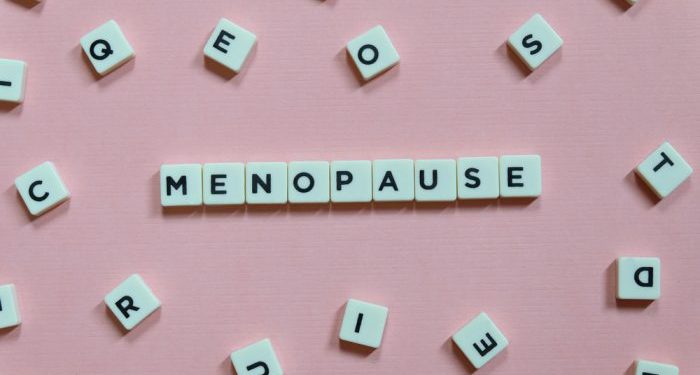The menopause can have a significant influence on women’s retirement savings, according to research from Royal London.
Royal London has released a new analysis titled “Bridging the Gender Pension Gap” that examines the specific retirement planning problems that women confront as well as the divergent attitudes and saving habits between men and women.
According to the research, when compared to a counterpart who quit working at the same age, a 50-year-old woman who continues to work full time until the state pension age of 67 may be better off financially by almost £126,000. Women who cut back on their work hours at age 50 risk losing out on £63k in their retirement savings.
According to the study, men are contributing more to their job pension. Compared to 28 per cent of males, only 20 per cent of eligible women make additional contributions to their employer pensions above the required minimum of 8 per cent.
Earnings are a major obstacle to women saving more money. Compared to just 30 per cent of men, 50 per cent of women think that their salaries are a barrier to saving more money.
Women save less than men, and as a result, they are substantially less confident than men that their pension contributions will be adequate to support them financially throughout their retirement.
Only 28 per cent of men reported feeling insecure, compared to over 50 per cent of women (48 per cent) who felt the same. In general, women are significantly more deeply concerned about what retirement might hold for them than men are.
Women may find it difficult to save for retirement due to a variety of obstacles, which could ultimately widen the gender pension gap. These include the unequal distribution of childcare obligations, the automatic enrollment requirements that disfavour those (mostly women) who work part-time, and menopause.
Royal London pensions expert Clare Moffat says: “While the introduction of automatic enrolment ten years ago helped more women than ever save into a pension, the UK still faces a yawning gender pension gap.
“Women in their 50s, for a variety of reasons, are much more susceptible to leaving the workforce than men. Separate studies show that caring responsibilities mean women are twice as likely to be forced to leave their job than men. However, a notable barrier to remaining in work, which is only just beginning to receive increased awareness, is the menopause.
“While symptoms vary between individuals, for many women the menopause can have a big impact on their everyday life, often resulting in them reducing the hours they work or stopping work altogether. It’s only further down the line that the resulting missed pension contributions becomes apparent, but by then it may be too late.”
The post Menopause could cause £126k retirement shortfall appeared first on Corporate Adviser.



